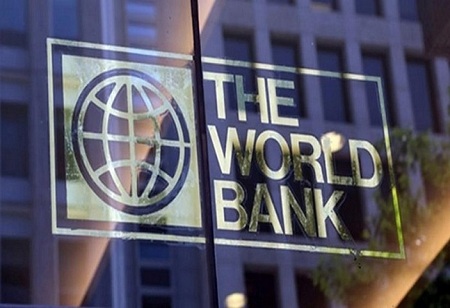The World Bank and the Ministry of Higher Education, Science, and Innovation of Uzbekistan co-organized a high-level conference in Tashkent to foster dialogue and cooperation among Central Asian countries in higher education. Central Asian countries have a large and dynamic higher education sector that has changed dramatically since their independence. First and foremost, the number of higher education institutions and students has grown significantly over the last few decades. Today, over 430 universities operate in Kazakhstan, the Kyrgyz Republic, Tajikistan, and Uzbekistan, serving 1.8 million students. Despite gains in enrollment and the number of private universities, Central Asian higher education systems face some challenges. These include relatively low teaching quality, insufficient funding for local universities, limited access to higher education for disadvantaged students, and outdated curricula and learning infrastructure that do not meet current and future labor market demands. Central Asian countries also lag behind in terms of global research efficiency indicators, with research funding accounting for only 0.12% of GDP. Global experience has shown that regional integration of higher education systems is an effective tool for addressing similar challenges in the sector and provides opportunities for long-term growth across industries. The quality of higher education and research in Central Asia can be improved by encouraging cooperation, knowledge sharing, and resource pooling among universities.
The purpose of the Tashkent conference was to strengthen cooperation in the aforementioned areas. The Ministers and Deputy Ministers of Education and Science of Kazakhstan, Kyrgyzstan, Tajikistan, and Uzbekistan, as well as other government officials, rectors of leading Central Asian universities, representatives of international development organizations, and regional and international experts in higher education, attended in person and online. "The Uzbek government is delighted to host this conference." It allowed high-level participants to discuss opportunities and next steps for regional cooperation to improve the quality of higher education," said Ibrokhim Abdurakhmonov, Uzbekistan's Minister of Higher Education, Science, and Innovation.
The World Bank presented a report titled "Towards Higher Education Excellence in Central Asia: A Roadmap for Improving the Quality of Education and Research through Regional Integration" at the conference. It provides a road map for Central Asian governments to cooperate in three priority areas. These include policy recommendations to improve higher education access, quality, and relevance; strengthening research and innovation capacity; and advancing instruments for an integrated regional higher education area. "There is a compelling case for increased regional cooperation across Central Asian higher education systems," said Rita Almeida, World Bank Education Practice Manager for Europe and Central Asia. "Based on international experience, we examined the benefits of a regional approach to higher education, and there is enormous potential for regional collaboration to improve the quality of higher education and research in Central Asia."
The report advocates for the adoption of unified regional accreditation standards to ensure that higher education quality is comparable across the region, as well as regional labor market forecasting to help guide the relevance of higher education programs. The importance of creating incentives to conduct and publish high-quality research results in order to strengthen innovation capacity, as well as the establishment of a regional fund to support research and collaboration among universities and research institutes. Finally, they suggest putting in place mechanisms to support qualification recognition in order to improve mobility and employability in Central Asia, as well as launching a regional short-term mobility program for students and faculty members. Participants at the conference debated the World Bank's recommendations as well as future steps for enhancing regional cooperation in the higher education sector.

